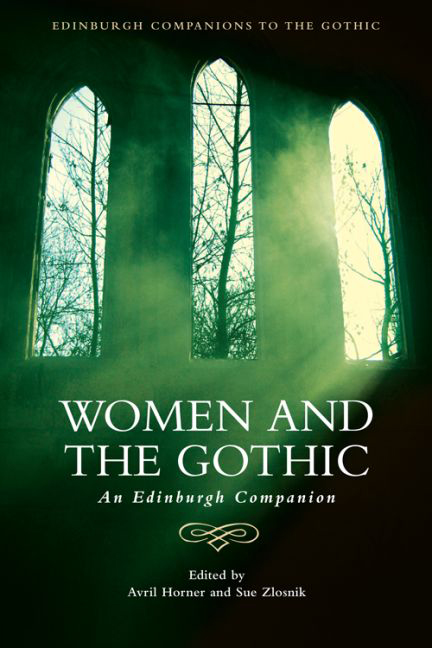The madwoman in the attic.
Madwoman in the attic trope.
Bob has a deformed.
She scarcely knew what she wanted.
Madwoman in the attic anime manga.
An deformed or unstable relative kept hidden somewhere.
The madwoman in the attic trope as used in popular culture.
The trope of the madwoman in the attic has been around since the emergence of women writers.
Be careful though the only things that go in the main namespace are tropes and should be created through the ykttw system.
The angel who tends to her husband is obedient and is everything she is expected to be and the monster who defies the men she encounters is subversive and is what society has driven her to become.
If you want to start a characters madwomanintheattic page just click the edit button above.
This trope is named for the landmark work of feminist literary criticism by sandra gilbert and susan gubar referring to mr.
She knew what she feared to be locked up in some dark narrow place by people who loved her.
The female writer being confined to writing her female characters as being one of two entities.
Quotes madwoman in the attic if you meant one of those just click and go.
Gilbert and gubar draw their title from charlotte brontë s jane eyre in which rochester s wife is kept secretly locked in an attic apartment by her husband.
In harold kumar go to white.
The buried stories of thornfield hall tv tropes 8 s that celebrate plicated women the madwo in attic literary the madwoman in attic 1979ppt the madwoman in attic powerpoint ationher.
Rochester s wife in charlotte brontë s jane eyre.
The woman writer and the nineteenth century literary imagination is a 1979 book by sandra gilbert and susan gubar in which they examine victorian literature from a feminist perspective.
A page for describing playingwith.
Whatever she may or may not be suffering from she is more often than not set up as a foil for jane herself the wild animalistic west indian woman versus the white genteel english jane.
Sakurako from sakura gari who has been locked in an old house for nine years after becoming the.
The analysis indicates that this trope first popularly appeared in all places in victorian women s literature where depicting some women as crazy people was an easy way to make female villains with whom readers would be unlikely to sympathize.
This is when a character with mental problems and often some physical deformity is locked away.
Madwoman in the attic.
An enemy might drop his guard weary of his task.

